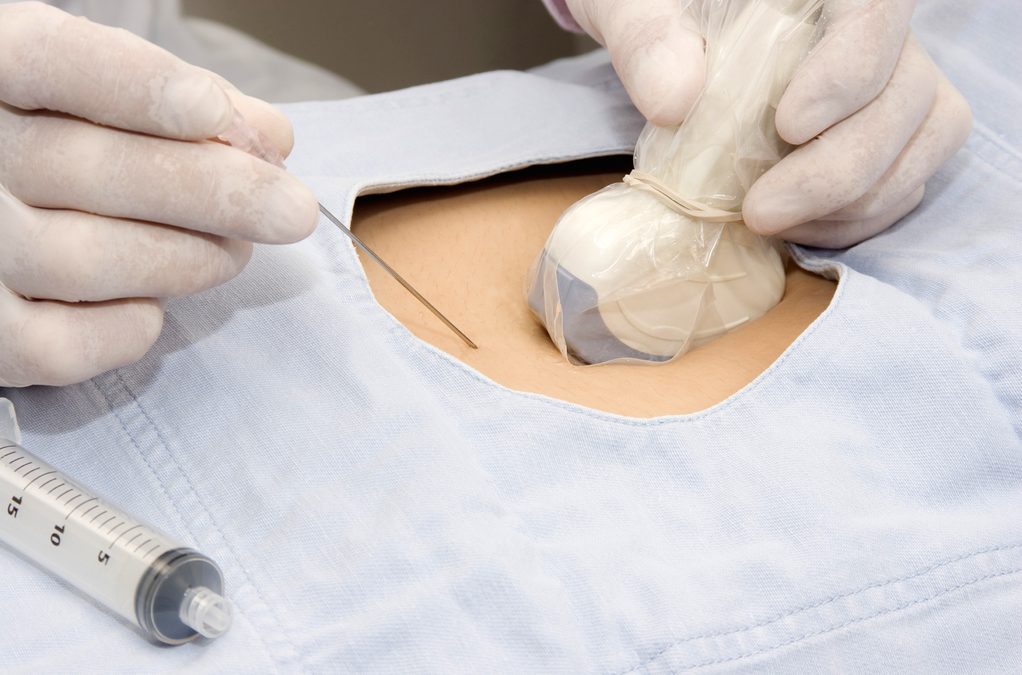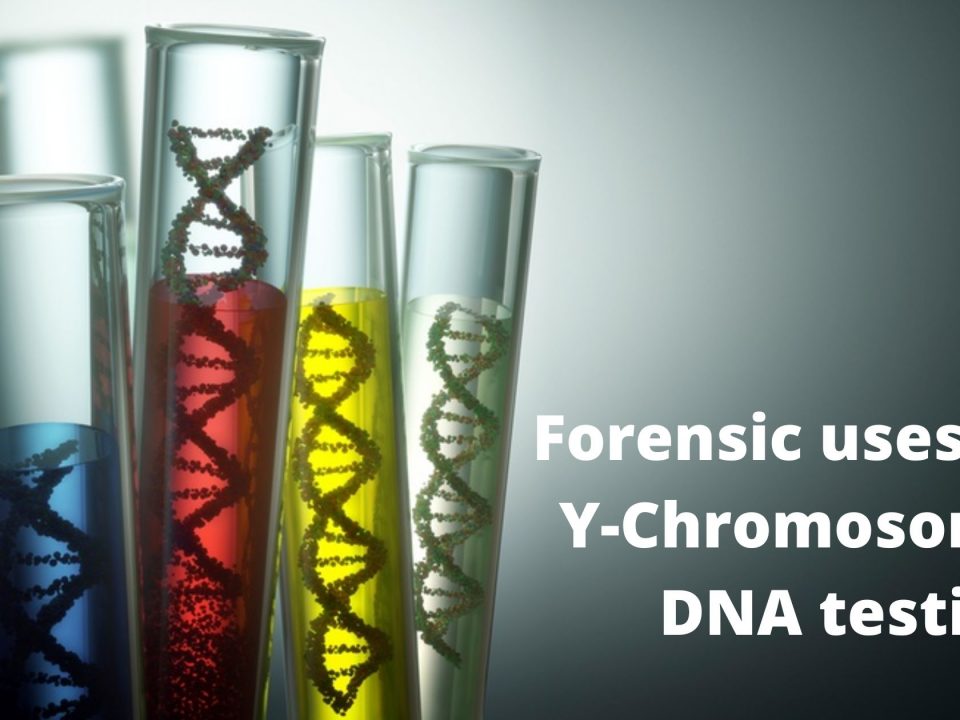Cordocentesis

How to collect DNA samples from donors makes it difficult to obtain.
January 18, 2022
What is genetic testing and why is it done?
January 21, 2022Cordocentesis is also known as Percutaneous Umbilical Cord Blood Sampling (PUBS) test. It is a kind of prenatal test that is generally done to determine any risks of the baby having a genetic disorder or any other abnormality in the fetus.
This test is usually performed after the 18th week of pregnancy. This test can help in determining various genetic disorders, infections, or blood-related disorders in the fetus. And if needed this procedure can also be used to give proper medication or blood transfusion to the child through the umbilical cord.

The procedure of this test.
Read more:- How Accurate Is A Sibling DNA Test?
This test is performed between 18-23, weeks of the pregnancy in a provider’s office. If the test is done in the hospital after 24 weeks to avoid any kind of complications.
Using ultrasound the doctor locates the umbilical cord and with the help of the ultrasound images, he inserts a needle through the abdomen and uterus into the umbilical cord to get a sample of blood. Then this sample is sent to the lab for testing.

After the procedure of sampling, you might be put under surveillance to make sure the fetus is okay and bed rest is advised after the procedure.
Although the test can tell about any kind of disorder or infection it is not used that regularly due to the risk involved and other prenatal tests are used in its place. Some of the risks include- fetal bleeding, cord hematoma, slowing the heart rate of the fetus, infection, premature rupture of the membrane, and fetal-maternal bleeding.




